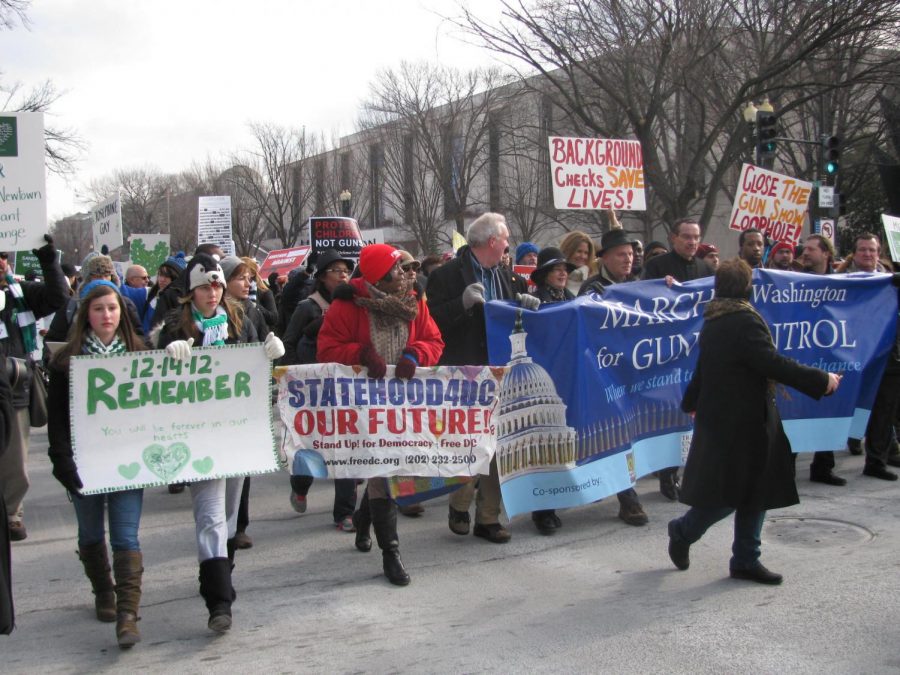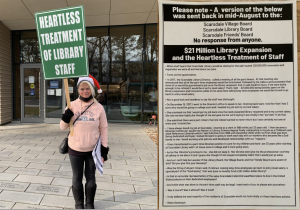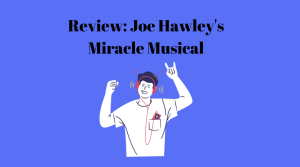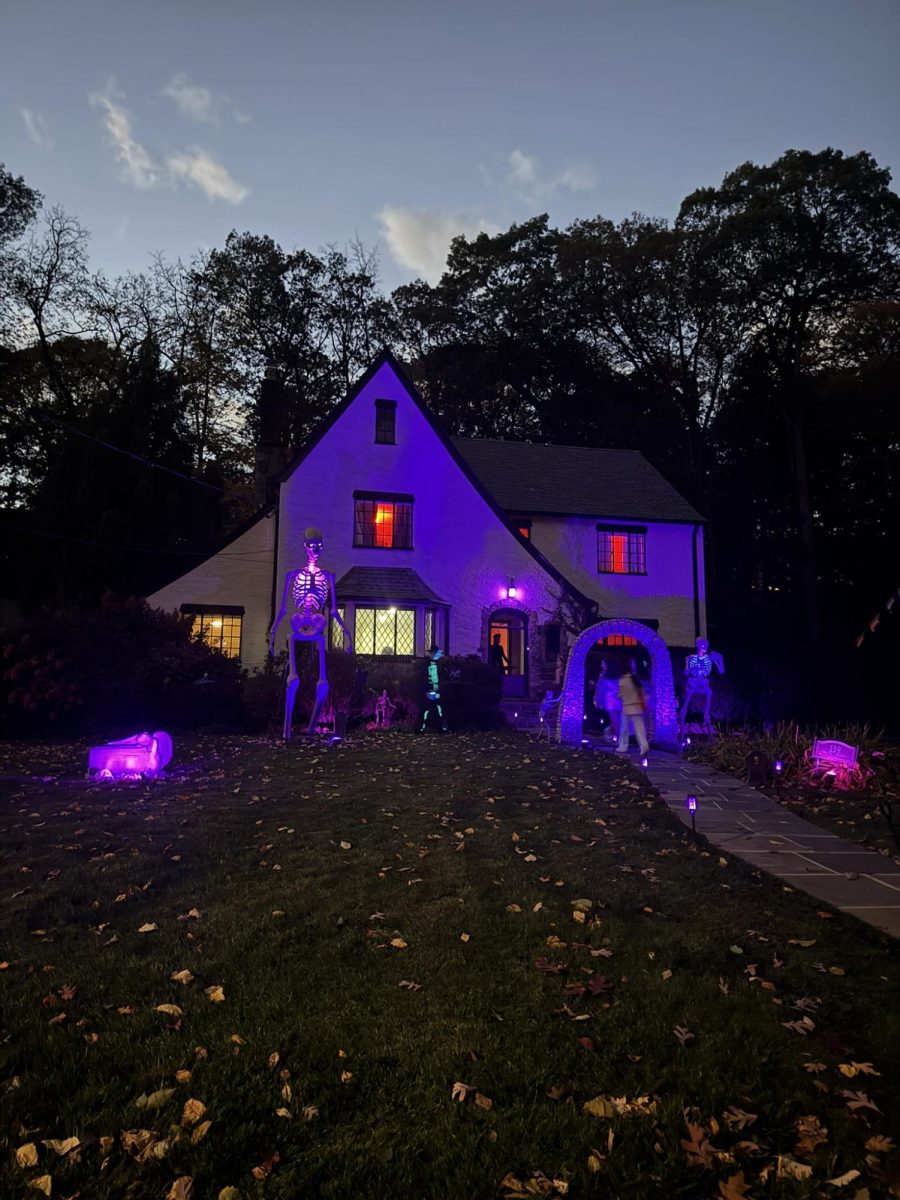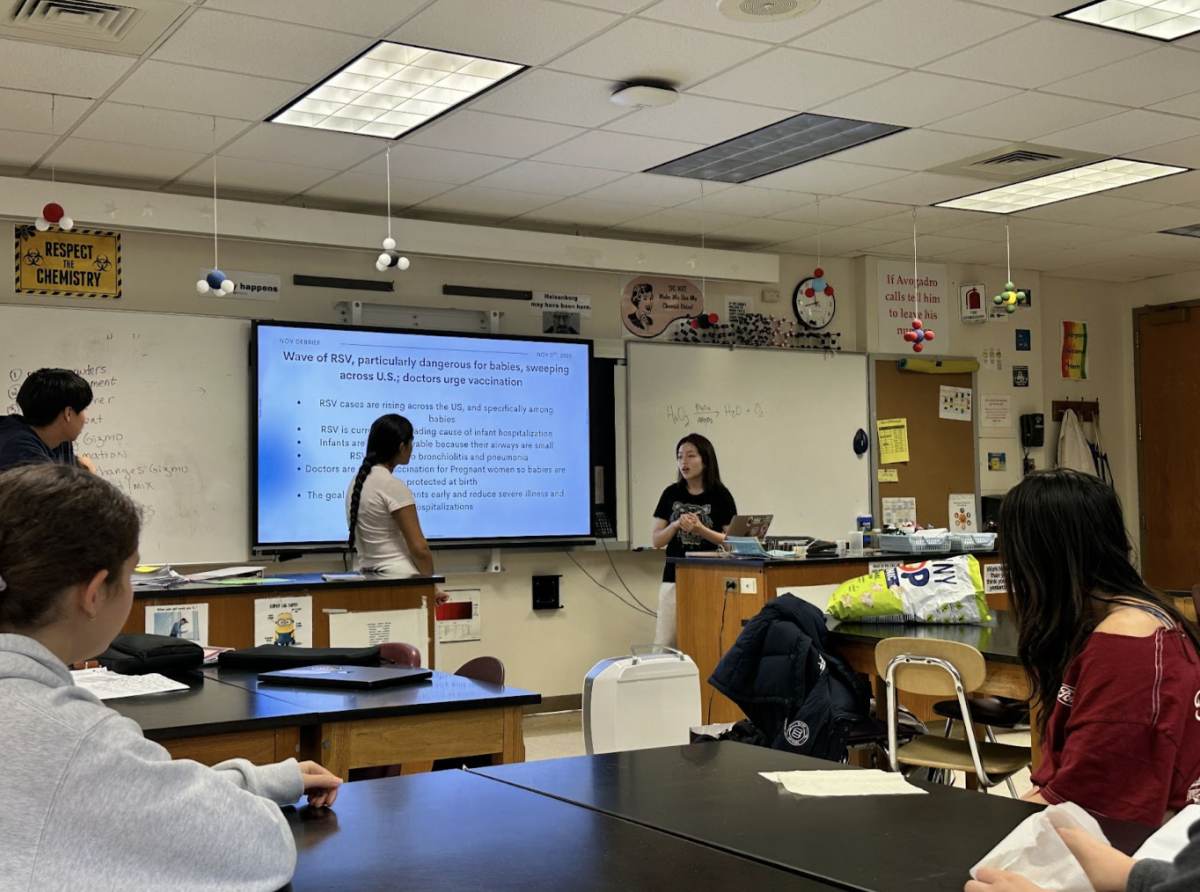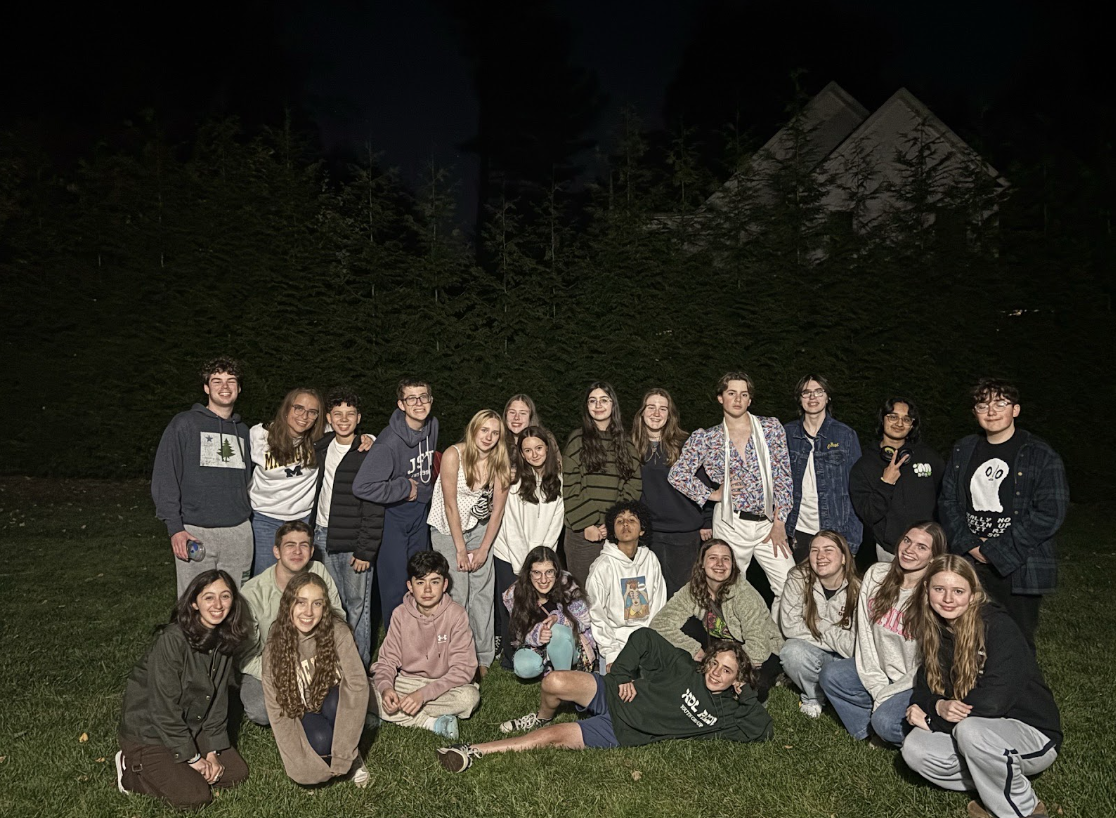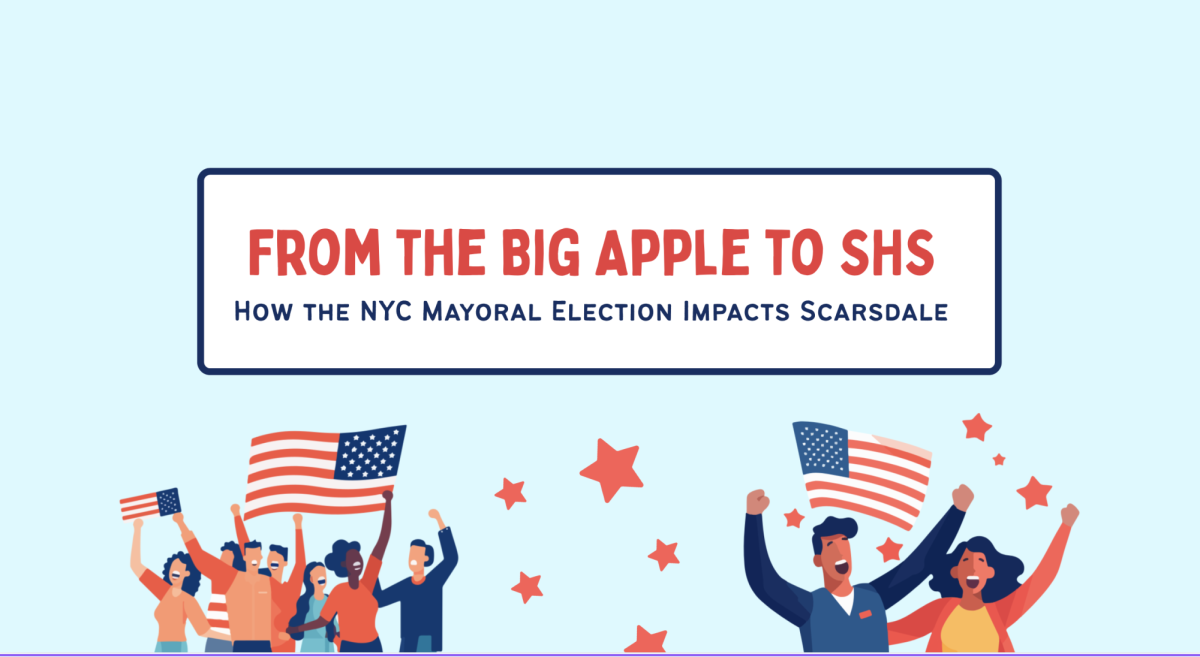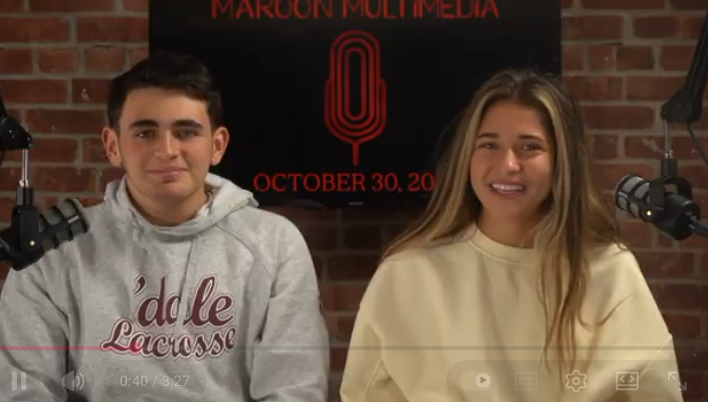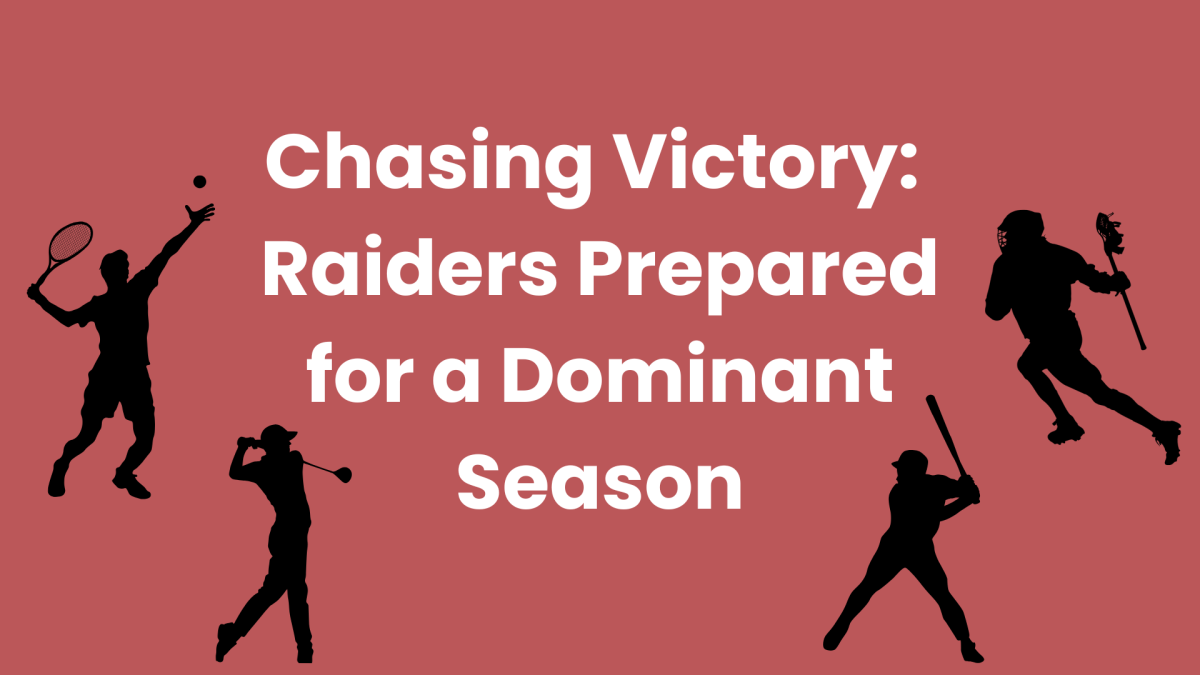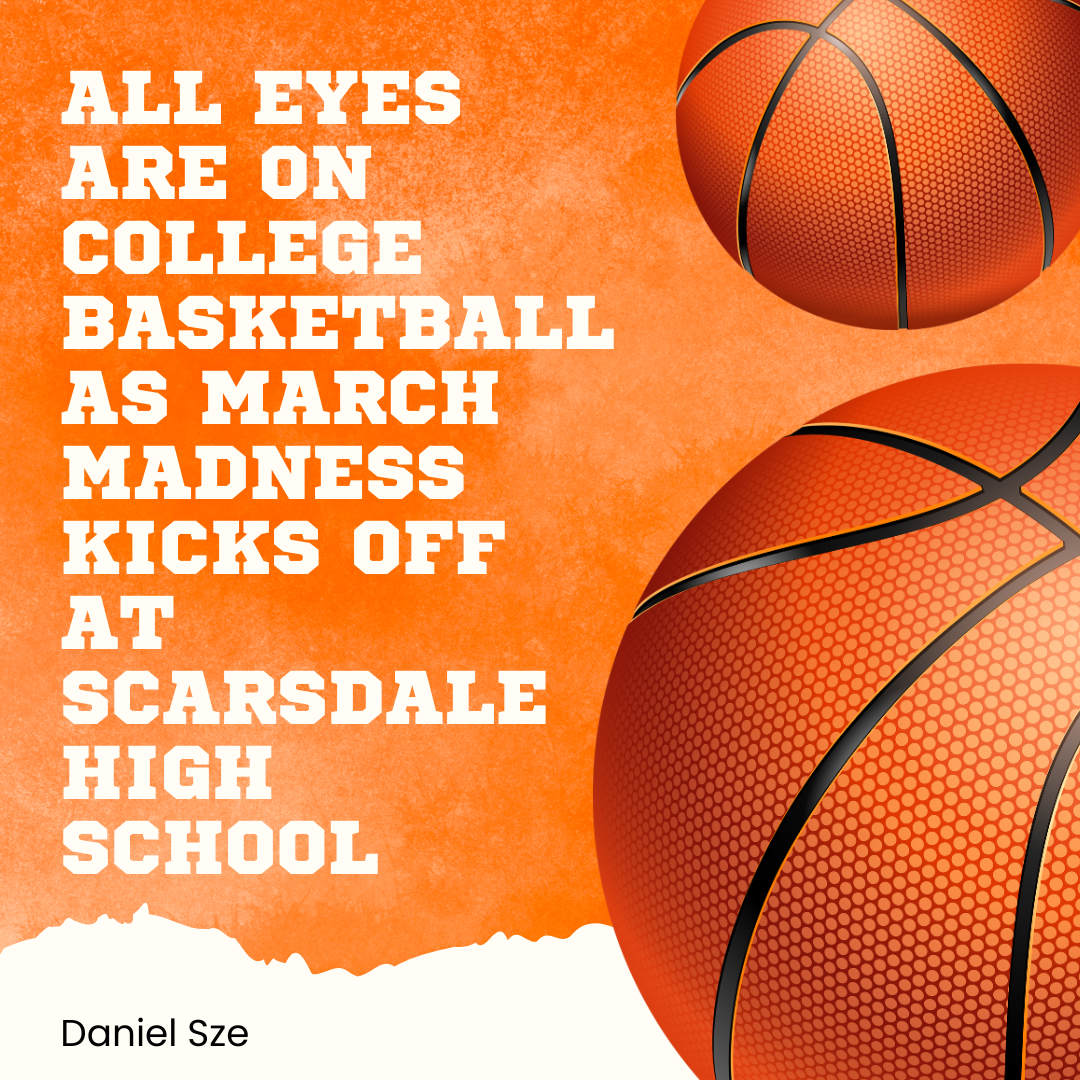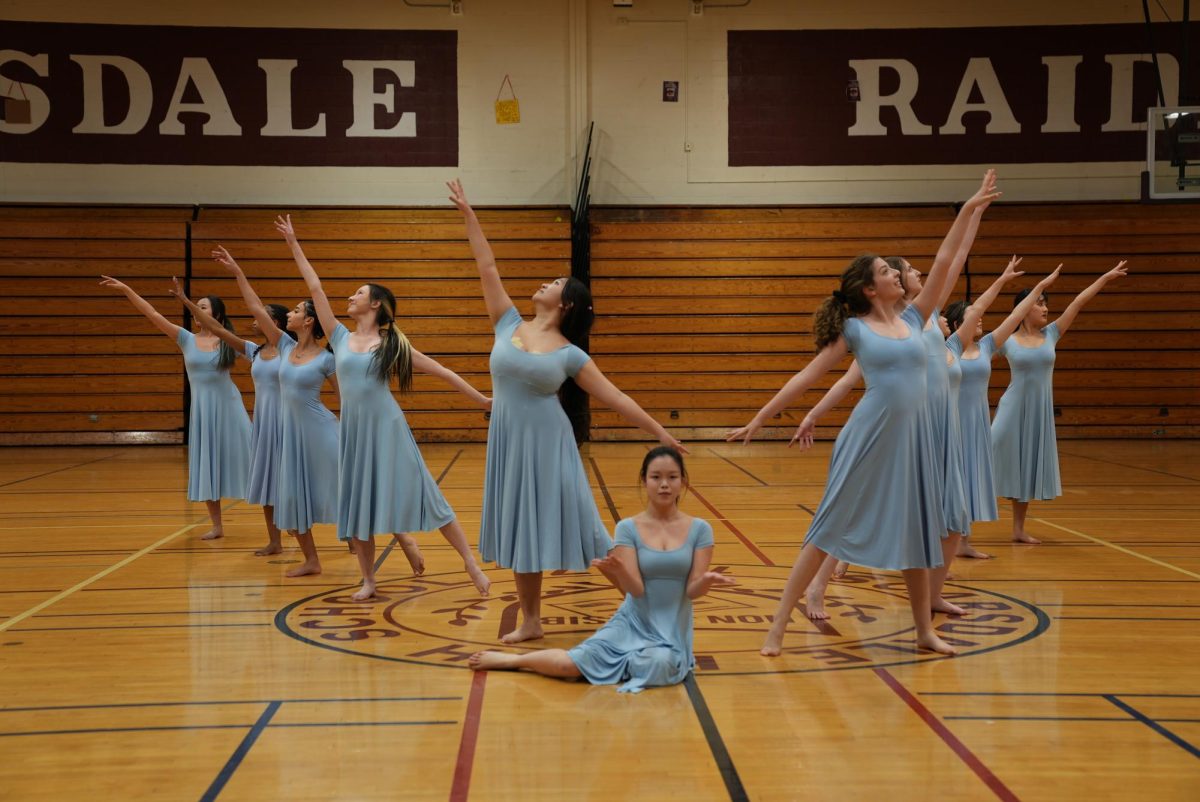Editorial: Gun Control
March 5, 2018
Americans have an inexplicable infatuation with guns, unmatched elsewhere in our world. My First Rifle was a legitimate American website that promoted the purchase of of customizable firearms as birthday gifts from parents to children. All too expectedly, one brilliant father decided to invest in a rifle decorated with a flame pattern for his four-year-old son, which the kid proceeded to use to kill his younger sister. Unfortunately, this story is not alone in its absurdity. While tragedies can be examined emotionally, the ability to ignore a pressing issue until—or even after—the situation completely erupts into chaos, is something Americans seem to possess now more than ever. The reality is, with a (legally purchased) gun in hand, any individual can play God, taking on the immeasurable power of regulating mortality.
Schools are built as sanctuaries for learning. They represent the innocence and impressionability of youth and therefore the opportunity for future progress and betterment. With the number of school shootings in 2018 already climbing into the teens, we must reevaluate the fleeting discussions that take place in the aftermath of these shootings. Complete comprehension of the immense harm of a school shootings is, admittedly, impossible, as the sort of mental state it requires is foreign. Still, allowing the fervor and passionate built up from the tragedy in Parkland to dissipate into another forgotten cause would be not only irresponsible but offensive and inhumane.
On a personal level, Scarsdale needs stricter security to ensure the safety of our students. Post Columbine, protective measures were implemented into schools, generally for the first time. Attention to safety has greatly increased since Parkland, and we have taken note of the ease with which people enter the building. Maroon explained last year that we did not want to sacrifice our moving freely through the building doors to prevent the possibility of something like this. We now feel differently: we would fully support the sacrifice of the 4 second, slightly annoying act of showing ID. It should not take a tragedy to open people’s minds to vulnerability. We acknowledge that we, too, assumed our own immortality until a situation hit slightly too close to home, and we are ready to undo our ignorance.
While we do have Lockdown drills, they are rarely taken seriously. The rules indicate that anyone outside of the building should simply lie on the ground, and that people in certain rooms should take the time to run across the hall to a different room if that other room is considered a safer place to hide out. The students at Parkland had a code to go back inside after leaving for a fire drill: we do not. More generally, we will never be able to predict the terrible situations that could present themselves. We understand that schools are not built as fortresses, and therefore are not created to function properly in the worst scenario. The objective of these drills is, based on statistics and studies, to reduce body count in the case of a shooter’s entry onto school grounds. The objective needs reevaluation. These drills do need to be treated with the seriousness and nervousness of the real scenario. Preemptive measures should be emphasized. Health classes should, when discussing mental illness, narrow in on recognizing the signs of a potential school shooter and the approach to seeking help.
On a larger level, though, gun control measures are a necessity in our country. According to CNN, Americans own nearly half of all civilian-owned guns worldwide. We make up less than 5% of the world’s population and 31% of global mass shooters, and our gun homicide rates are 25.2 times higher than in other high-income countries. We cannot ignore that the Parkland shooting, along with the majority of other gun fatalities, was committed with a gun purchased legally. In 1996 in Australia, strict gun control laws were implemented in reaction to a deadly shooting. Public support for the policies skyrocketed; included were requirements that weapons be individually registered to their owners, that those purchasing a gun have a valid reason, of which self-defense was not included, and prohibitions on private gun sales They also pushed back against semi-automatic weapons. Australia has not had a mass shooting since. The facts presented are clear: gun control laws are overwhelming successful at preventing mass shootings. Ignoring the undeniably causal relationship between lack of gun laws and mass shootings is a conscious decision to allow violence to exist.
Owning a gun makes someone’s family two times more like to suffer from gun violence, most likely to be inflicted by their own weapon. The ever restated right to bear arms has overtaken the right to life, liberty and the pursuit of happiness. When an outdated interpretation of a clause furthered by NRA money supporting pro-gun candidates is valued over human life, we have a societal issue. Allowing for guns to exist at all entrusts all Americans with the severity of protecting human life. The argument that people who want to inflict harm will access guns regardless of the law is invalid. Obtaining an illegal weapon is expensive and inconvenient—people who commit mass shootings usually lack the resources to buy illegal guns. In a most straightforward sense, if it is illegal to own guns, fewer people will do so and action will be taken more responsibly.
The mental illness argument against gun control is to some extent valid in that many mass shooters are mentally unstable. Therefore the shallowness of background checks that miss all warning signs and indications of psychological instability is even more offensive. At the very least, assault rifles are NOT for self defense. As Australia realized, mass shootings are avoidable. There is no explicable civilian purpose for which a weapon of that caliber of danger is necessary. The most overwhelming argument against gun control is that it is unconstitutional. The 2nd Amendment was written at a time where militias were a valid military body, and when guns fired a single shot, took nearly a minute to reload, and could not inflict the sort of damage that guns today can. Our founding fathers would be offended by the insensitivity reigning supreme: they made the Constitution flexible because they had the foresight to know they could never predict the future. They did not expect the romanticization of deadly weapons to create real horrors. We live in a different reality now. This is not a constitutional issue, it is a human issue—one of common sense. The right to bear arms was supported by thinkers like Aristotle. Aristotle believed in a geocentric universe, and he was wrong. In fact, we now know that Aristotle was often wrong. We accept the geocentric model as antiquated, yet still regard Aristotle as a brilliant mind. We can do the same for those who wrote the founding principles of our rights.
We as a society care about making change when the necessity is recent and then we forget when change becomes inconvenient. No one expects the worst to happen to them until it does. We have far passed the point where we have to ask ourselves: What will the future look like if nothing happens? Sandy Hook struck the country with intensely. To see children struck down by violence was heartbreaking, yet not enough; action did not follow. We should not be in this deep, but we are. We should not be scared to go to the movies in the case that a shooter enters the theater as was the case in Aurora, Colorado in 2012, but it sits in the backs of our minds. Without a doubt we should not be scared to enter our school, yet we have reason to be, unless something happens. Parkland students have taken it upon themselves to protest, rally, write, and speak. It is our responsibility to ensure the safety of students across America. If anything is to come from the misery of this situation it is not just conversation but policy and change.

